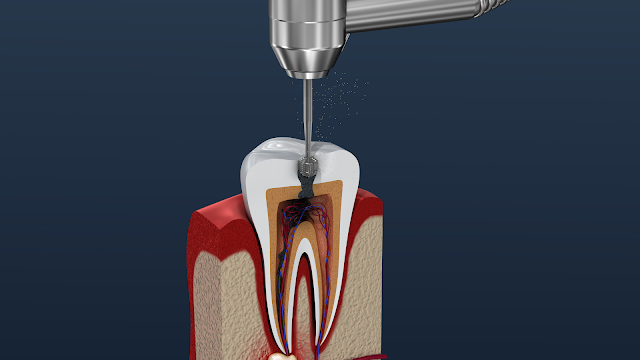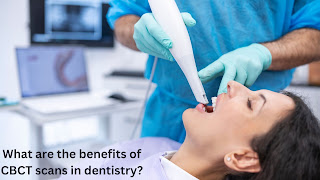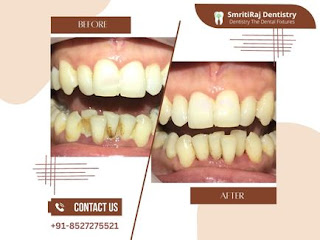What are the symptoms of a completed root canal?

Root canal treatment is a common dental procedure that aims to save a severely infected or decayed tooth. In Dwarka, Delhi , there are several skilled root canal doctors who specialize in performing this treatment effectively. Once a root canal procedure is completed, patients may experience certain symptoms that indicate the success of the treatment. One of the primary symptoms of a completed root canal is the absence of severe tooth pain. Prior to the procedure, patients often experience excruciating pain caused by an infected tooth pulp. However, after a successful root canal, the pain should subside significantly or completely disappear. Mild sensitivity or discomfort may persist for a short period, but it should gradually diminish. Another symptom of a completed root canal is reduced swelling and tenderness around the affected tooth and gums. Swelling is a common sign of infection, but it should subside within a few days following the procedure. The gums should also become less s...


